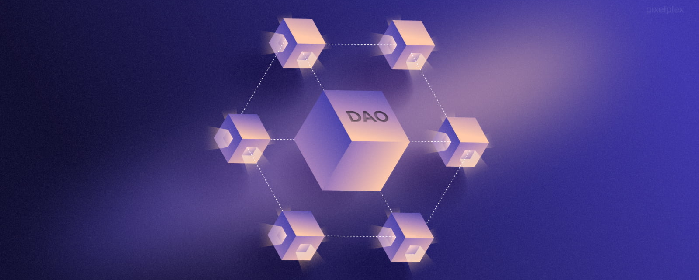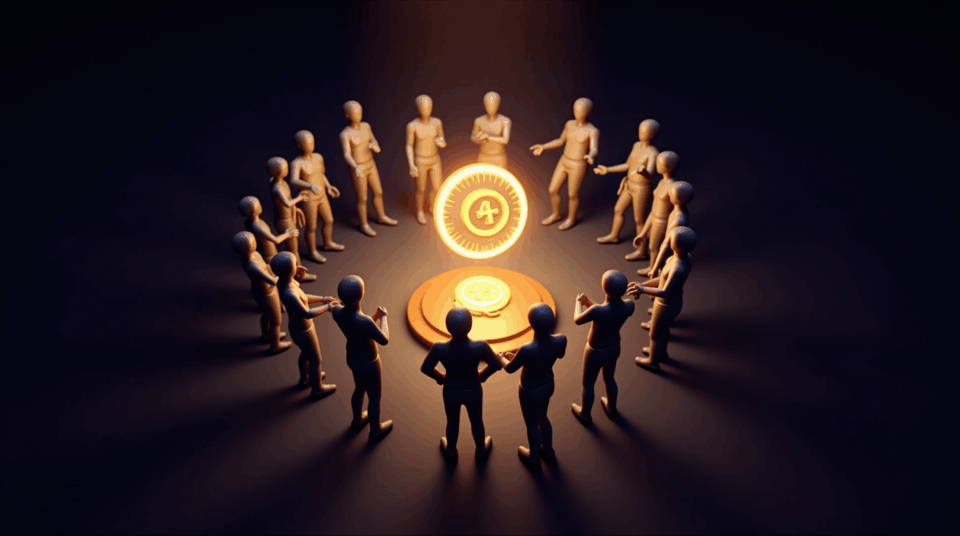DAOs must replace crypto cult leaders because they distribute governance and reduce reliance on charismatic figures. Concentration of power in a single person has caused litigation, fund exits, and reputational damage, so it is proposed to replace such structures with decentralized autonomous organizations that share decision-making among the community. This thesis promotes the transition from personalized leadership to distributed governance frameworks.
Context and Impact
The issue centers on personalized leadership that generates friction and reputational risks. The case of Craig Wright is cited as an example of the harm that conflicted figures can cause, highlighting that “the cryptocurrency world is full of projects resembling personality cults”, which paves the way for DAOs as an alternative.
DAOs use governance tokens, smart contracts, and blockchain transparency to automate decisions and audit actions, making it harder for bad actors to act covertly. This architecture focuses on coded rules and open processes versus the discretion of a charismatic leader.
The analysis notes limitations such as low participation and possible centralization by large token holders. To mitigate these, mechanisms include quadratic voting, vote delegation, and economic incentives to encourage quorum, along with decentralized AI (DeAI) to assist in proposal analysis and risk detection.
Implications and Governance Mechanisms
Greater adoption of DAOs can transform governance in crypto projects and reduce dependence on individual leaders, although it does not eliminate operational risks or replace the need for technical oversight.
Some projects already illustrate this shift: MakerDAO and Uniswap show models where token holders vote on upgrades and treasury management. DeAI initiatives such as Bittensor, Render Network, and Zero1 Labs aim to provide automated analysis in governance processes.
From a governance mechanisms perspective, highlighted tools include token voting, quadratic voting, and vote delegation. In operational transparency, smart contracts execute approved decisions. In participation, incentives are used to increase quorum and reduce the power of large holders, all supported by DeAI for proposal analysis and risk mitigation.

DAOs are not a panacea, but they provide a more equitable and auditable framework compared to cult-like leaders. Functional examples include MakerDAO and Uniswap, while Bittensor, Render Network, and Zero1 Labs are pioneers in DeAI. The debate remains: replacing concentrated power with distributed governance requires technical and cultural solutions, as well as mechanisms to boost participation and prevent re-centralization.

